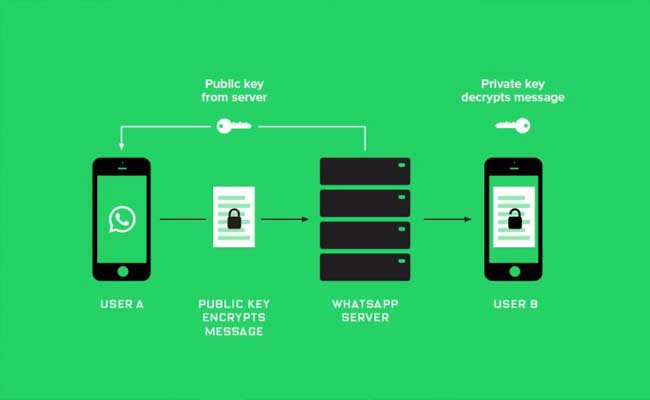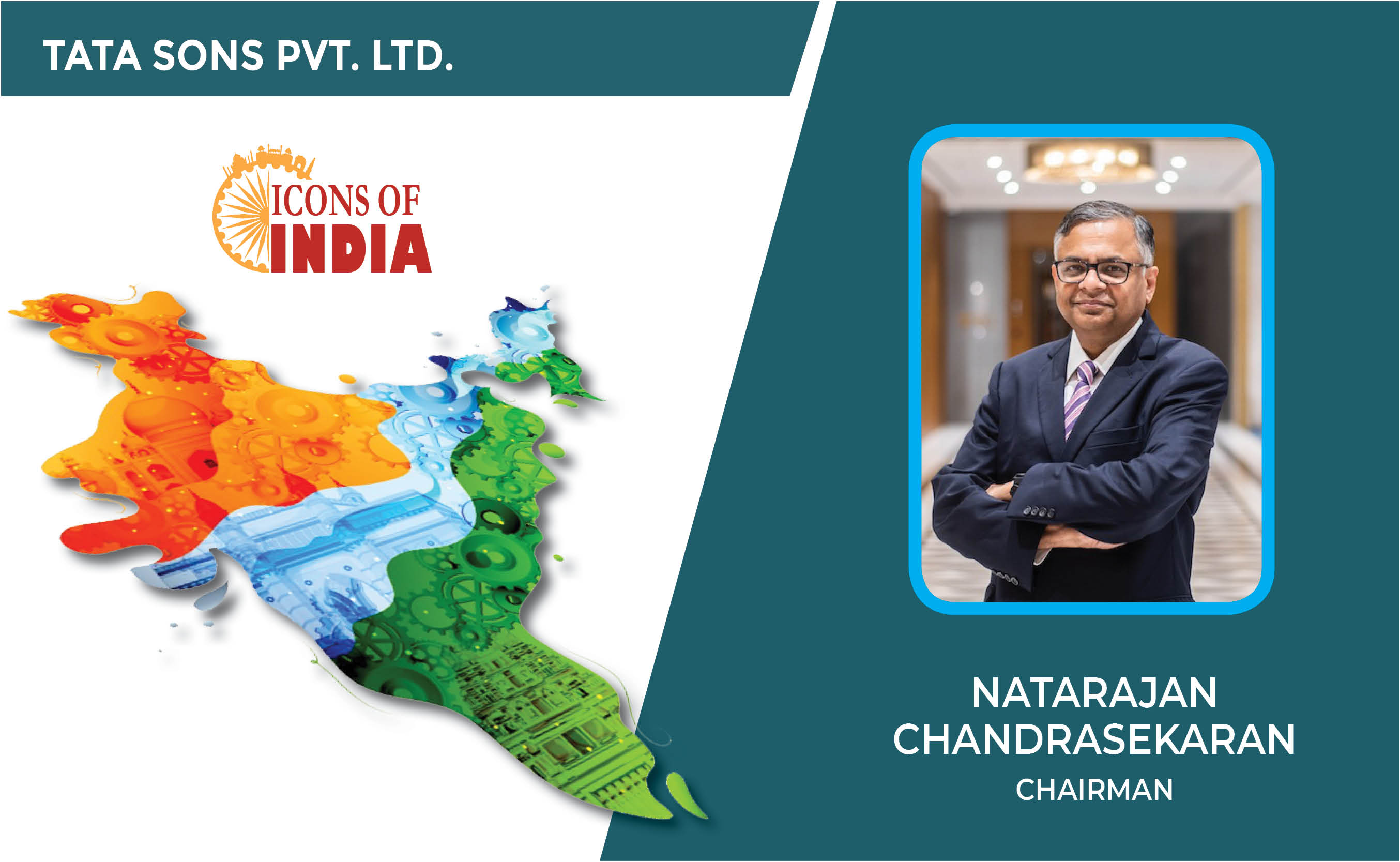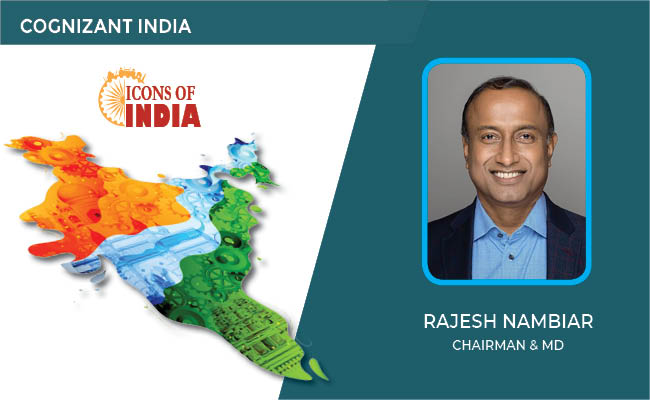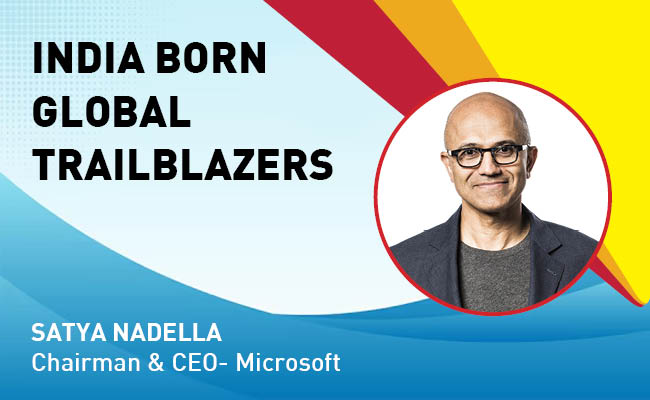Modi Govt may force WhatsApp to break Encryption
By MYBRANDBOOK

A major English daily on Monday reported that the Modi government have proposed to bring changes in IT rules and is hoping to amend the Section 79 of the IT Act, the one that deals with liabilities of intermediaries places of social media platforms like WhatsApp, so that it can force them to monitor "unlawful" content while following stricter due-diligence practices. Just before two days Ministry Home Affairs issued the controversial memo that authorized 10 agencies in the country to look into any computer or computing resources such as phones, there is a report that the NDA government is now working on modifying several IT Act rules that may again raise fear of mass surveillance.
In other words, what the government is seeking is a way to get past the end-to-end encryption that is used in WhatsApp as well as in services like iPhone FaceTime or the Android phone backup. If enforced, the new proposed rules may require WhatsApp and others to break the privacy protection they offer to users through encryption so that government can get access to messages, images, videos etc sent through chat apps. Or at least get the access to who sent a message to trace its origins.
The IT Ministry released draft amendments which suggest social media and online platforms would need to enable tracing of originators of information when required by government agencies which are legally authorized.
"The intermediary shall enable tracing out of such originator of information on its platform as may be required by government agencies who are legally authorised," says the proposed amendment.
"The intermediary (social media platform) shall deploy technology-based automated tools or appropriate mechanisms, with appropriate controls for proactively identifying and removing or disabling public access to unlawful information or content," the draft amendment said.
The opposition charged the government of "violating" the privacy of individuals and converting India into a "nanny state" through these amendments.
According to the report by the Indian Express, the proposed rules are part of the draft of The Information Technology [Intermediaries Guidelines (Amendment) Rules] 2018, Rule 3(9). It requires "intermediaries" like WhatsApp and Google to "deploy technology based automated tools or appropriate mechanisms, with appropriate controls, for proactively identifying or removing or disabling access to unlawful information or content."
There is also a new rule, which mandates that chat apps like WhatsApp and other services will have ability to trace origins of a message, which may require breaking of end-to-end encryption. This apparently has been done to ensure that in cases of law and order problem or crime -- lynching for example -- the government should be able to trace the message that started rumors or trouble to the original sender.
Although, the intent seems right given the number of incidents this year when messages shared on WhatsApp have led to real-life troubles, it is also entirely possible that once encryption has been weakened, a service like WhatsApp can be misused by government to snoop on people.
Another important clause that the government hopes to bring with The Information Technology Intermediaries Guidelines (Amendment) Rules 2018, Rule 3(9) is related to presence of web services and apps in the country. The amendments note that any IT company or service that has more than 50 lakh users in India will be required to have an office in the country and will have to appoint a nodal officer that will be available to work with law enforcement agencies on 24x7 basis.
The Congress said if these amendments were cleared, there would be a tremendous expansion in the power of the "big brother" government on ordinary citizens, "reminiscent of eerie dictatorships".
Experts also warned that amendments, which would allow traceability of "unlawful content", invade personal privacy and free speech.
Cyberlaw expert Pavan Duggal said that some of the changes planned are akin to India's own anti-encryption law. The proposed changes in rules will place social media platforms - even those like WhatsApp which promise users privacy and encryption - firmly under government lens, requiring them to deploy tools to "identify" and curb unlawful content, while following stricter due-diligence practices.
Traceability of originators of content had been a long-standing demand of the government, ever since rumours circulated on WhatsApp incited cases of mob-lynching. The messaging platform itself has, so far, resisted identification of originators of rogue messages citing user privacy and encryption.
The amendments, which come ahead of the general polls next year, propose that platforms would also have to inform users to refrain from hosting, uploading or sharing any content that is blasphemous, obscene, defamatory, "hateful or racially, ethnically objectionable".
It says that intermediary -- after a court order is communicated or being alerted by a government agency -- will have to remove or disable access "as far as possible immediately, but in no case later than 24 hours".
The report noted that government officials have discussed the draft rules with representatives of companies like Google and Facebook, which owns WhatsApp. But it is interesting to note that so far the draft rules have not been made public and consultation on them has been done in secret, something that digital rights group Internet Freedom Foundation highlights.
Commenting on the report, the group wrote in a comment posted on its website, "At IFF we believe there are better ways to check misinformation and threats to Indian elections. These can be achieved as per our fundamental rights guaranteed under the Constitution. The instant proposals seen alongside the recent MHA notification activating the 2009 interception rules is taking India close to a Chinese model of censorship. Yes, online platforms are problematic, they require fixes. But driving changes through a closed and secretive process in which measures that undermine fundamental rights is a harmful approach for all of us."


Legal Battle Over IT Act Intensifies Amid Musk’s India Plans
The outcome of the legal dispute between X Corp and the Indian government c...

Wipro inks 10-year deal with Phoenix Group's ReAssure UK worth
The agreement, executed through Wipro and its 100% subsidiary,...

Centre announces that DPDP Rules nearing Finalisation by April
The government seeks to refine the rules for robust data protection, ensuri...

Home Ministry cracks down on PoS agents in digital arrest scam
Digital arrest scams are a growing cybercrime where victims are coerced or ...


ICONS OF INDIA : VIJAY SHEKHAR SHARMA
Vijay Shekhar Sharma is an Indian technology entrepreneur and multimil...

Icons Of India : NATARAJAN CHANDRASEKARAN
Natarajan Chandrasekaran (Chandra) is the Chairman of Tata Sons, the h...

ICONS OF INDIA : RAJESH NAMBIAR
Rajesh leads the company’s India associates and enhances relationshi...


CSC - Common Service Centres
CSC initiative in India is a strategic cornerstone of the Digital Indi...

DRDO - Defence Research and Development Organisation
DRDO responsible for the development of technology for use by the mili...

BSE - Bombay Stock Exchange
The Bombay Stock Exchange (BSE) is one of India’s largest and oldest...


Indian Tech Talent Excelling The Tech World - Satya Nadella, Chairman & CEO- Microsoft
Satya Nadella, the Chairman and CEO of Microsoft, recently emphasized ...

Indian Tech Talent Excelling The Tech World - Rajiv Ramaswami, President & CEO, Nutanix Technologies
Rajiv Ramaswami, President and CEO of Nutanix, brings over 30 years of...

Indian Tech Talent Excelling The Tech World - Sanjay Mehrotra, CEO- Micron Technology
Sanjay Mehrotra, the President and CEO of Micron Technology, is at the...
 of images belongs to the respective copyright holders
of images belongs to the respective copyright holders